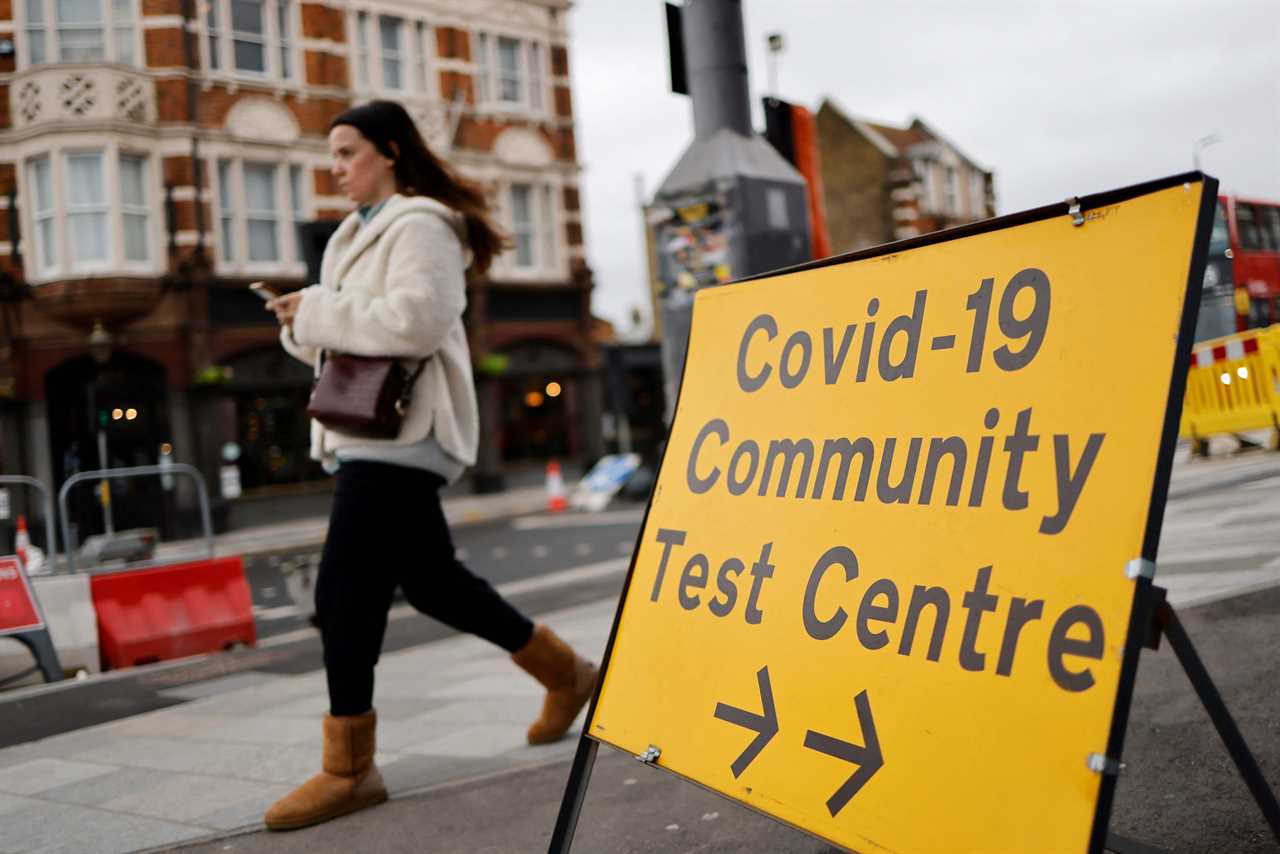COVID could spawn into ANOTHER variant and prolong the pandemic – but there is still hope that the virus can be beaten in 2022, a WHO boss has said.
Head of the World Health Organisation, Dr Tedros Adhanom Ghebreyesu, says wealthy countries need to share their vaccines to stop the virus mutating again.

A string of hugely positive studies show Omicron IS milder than other strains, with the first official UK report revealing the risk of hospitalisation is 50 to 70 per cent lower than with Delta.
Covid booster jabs protect against Omicron and offer the best chance to get through the pandemic, health officials have repeatedly said.
Trending In The News’s Jabs Army campaign is helping get the vital extra vaccines in Brits’ arms to ward off the need for any new restrictions.
In a 2022 New Year message Dr Tedros said that vaccine inequality had “created the ideal conditions for the emergence of the Omicron variant”.
He said: “And the longer inequity continues, the higher the risks of this virus evolving in ways we can’t prevent or predict.”
He continued: “If we end inequity, we end the pandemic.
“Through the ACT-Accelerator, which includes COVAX, WHO and our partners are helping to make vaccines, tests and treatments accessible to people who need them, all over the world.
“As we enter the third year of this pandemic, I’m confident that this will be the year we end it – but only if we do it together.”
It comes as Boris Johnson yesterday demanded that Covid jab refuseniks make a New Year’s resolution to get vaccinated.
The PM issued a stern message to the five million Brits who have yet to receive the life-saving treatment, warning them to avoid the “miserable, needless suffering” of the disease.
Mr Johnson joked that the jab was “far easier than losing weight or keeping a diary”.
Meanwhile today it was revealed Four out of five patients in hospital with Omicron have not had a booster jab to protect against Covid, and a quarter are completely unvaccinated.
A total of 608 out of the 815 people receiving urgent care across the country have not had that all-important third shot, while a quarter are completely unvaccinated.
UKHSA and the Cambridge University MRC Biostatistics unit found vaccines do work to prevent serious illness from Omicron.
One dose of any vaccine was associated with a 35 per cent reduced risk of hospitalisation among symptomatic cases with the Omicron variant.
Two doses offered a 67 per cent reduction up to 24 weeks after the second dose, and there was a 51 per cent reduced risk 25 or more weeks after the second dose.
Vaccine effectiveness against hospitalisation was estimated as 52 per cent after one dose, 72 per cent two to 24 weeks after dose two, 52 per cent 25-plus weeks after dose 2 and 88 per cent two weeks after a booster dose.






